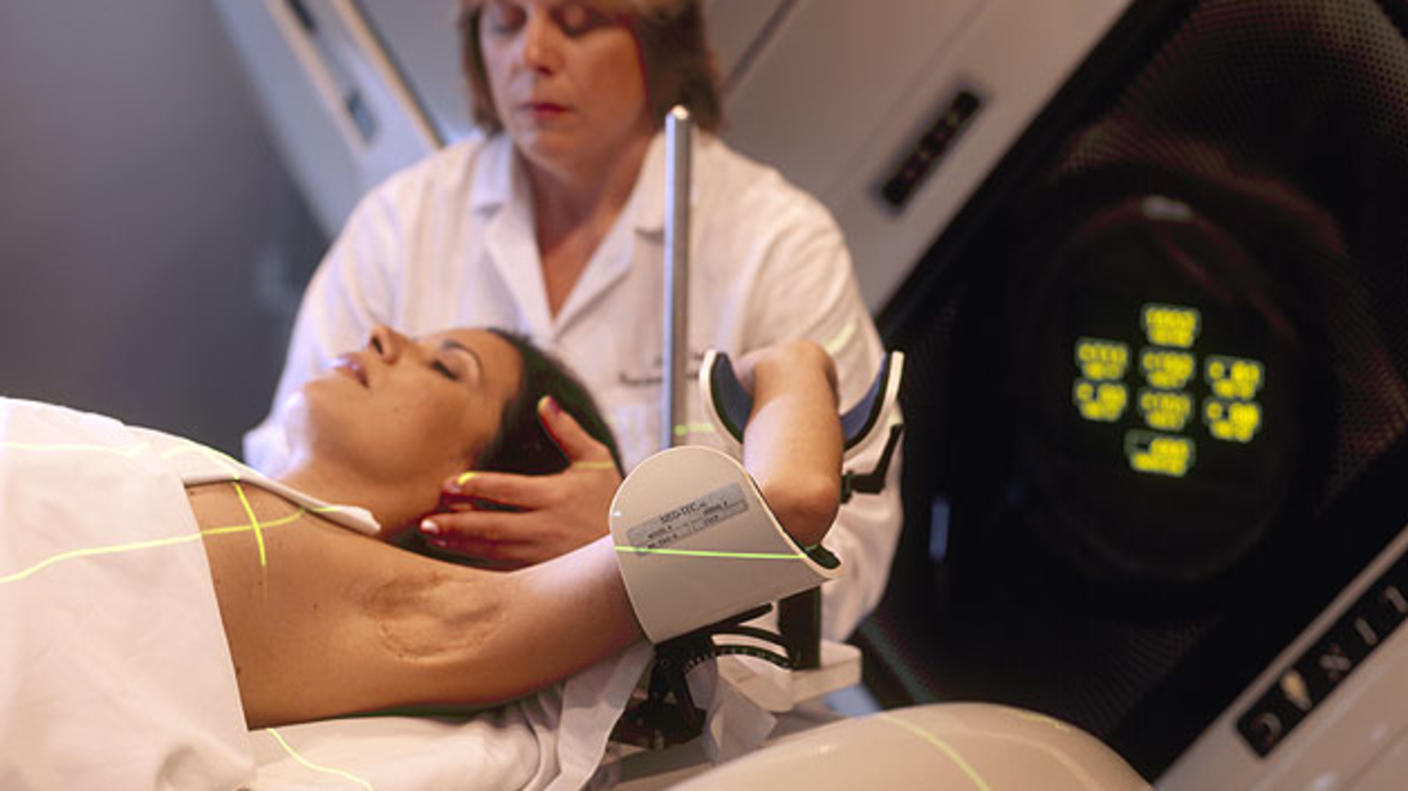Pediatric Malignancies: Inventory of DCEG Research
Overview
In the United States in 2024, an estimated 13,000 new cases of cancer will be diagnosed among children from birth to 14 years, and about 1,040 children are expected to die from the disease. Although cancer death rates for this age group have declined by 70 percent from 1970 through 2020, cancer remains the leading cause of death from disease among children. The most common types of cancer diagnosed in children ages 0 to 14 years are leukemias, brain and other central nervous system tumors, and lymphomas.
DCEG investigators study factors associated with childhood cancer to improve understanding of their causes to inform prevention and treatment of these malignancies. They also study the late effects of treatment and other long-term outcomes for survivors of childhood cancers.
Research by Cancer Type
-
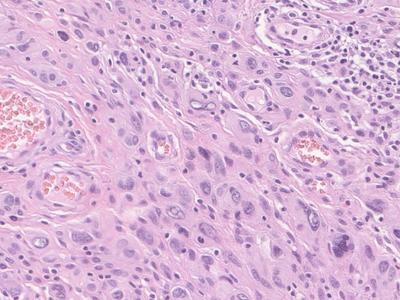
Atypical Spitzoid Tumor Study
A clinical study to learn more about how genetic and environmental factors contribute to the development of atypical spitzoid tumors. Results from this study could improve prevention and treatment.
-
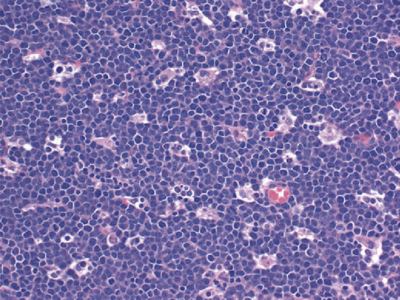
Burkitt Lymphoma (BL) Research in the Infections and Immunoepidemiology Branch
IIB research into Burkitt Lymphoma (BL) aims to improve understanding of the distribution of BL in different populations, the markers markers of P. falciparum and EBV infections that are associated with BL, and the genetic factors that influence risk of BL.
-
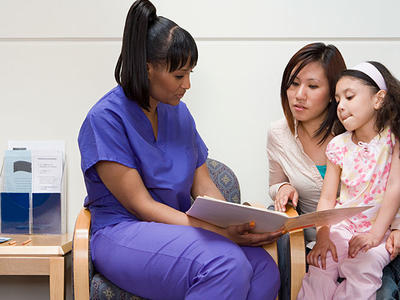
Childhood Leukemia: Inventory of DCEG Research Studies
Childhood leukemia is the most common type of childhood cancer, and its etiology is not well understood. DCEG researchers are investigating novel molecular biomarkers as well as potential risk factors including inherited, medical, and environmental exposures.
Research by Exposure: Environment
-
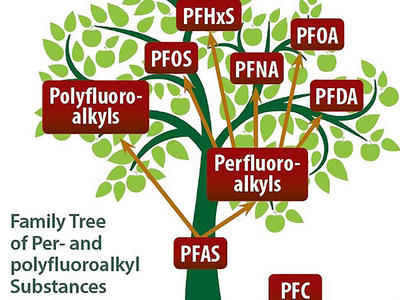
PFAS Exposure and Risk of Cancer
DCEG is evaluating PFAS exposure in the Finnish Maternity Cohort to explore its relationship with acute lymphoblastic leukemia risk in children.
-

Study of Childhood Leukemia and Environmental Pesticide and Other Chemical Exposures in California
A population-based case-control study of childhood leukemia in the San Francisco Bay area and the agricultural Central Valley
Research by Exposure: Ionizing Radiation
-
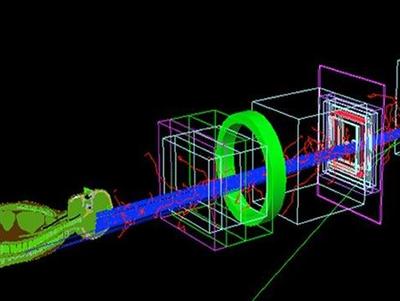
Pediatric Proton and Photon Therapy Comparison Cohort
Pediatric Proton and Photon Therapy Comparison Cohort is a multi-center retrospective cohort to investigate second cancers after photon versus proton radiotherapy for pediatric cancer.
Research by Approach: Germline Genetics
-
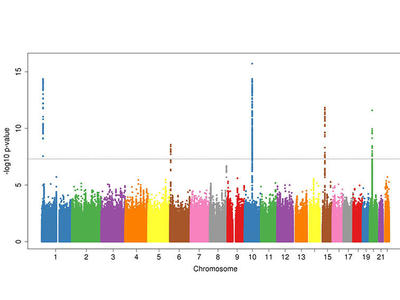
Ewing Sarcoma Genome-wide Association Study
DCEG investigators are studying inherited genetic variation to identify regions in the genome associated with increased risk of Ewing Sarcoma (EwS), a pediatric bone and soft tissue tumor. The overall goal of the study is to expand our understanding of EwS etiology and provide insight into improved treatment and potentially preventative measures to reduce the overall burden of EwS.
-
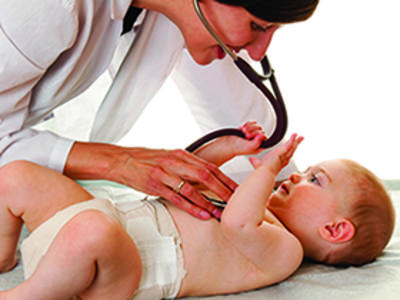
DICER1 Natural History Study
Children and adults with mutations in DICER1 are at increased risk for a variety of cancers, including pleuropulmonary blastoma (PPB), a rare tumor of the lung. The DICER1 Natural History Study is an observational study of children with PPB and other tumors and their families.
-
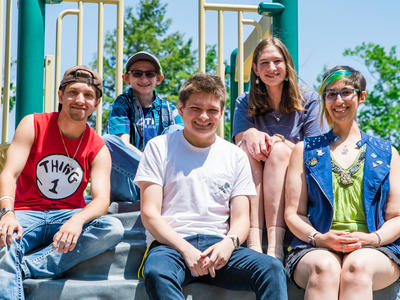
Fanconi Anemia Cancer Screening Study
The Fanconi Anemia Cancer Screening Study seeks to improve cancer screening in people with Fanconi anemia (FA), the most common Inherited Bone Marrow Failure Syndrome (IBMFS). The study is enrolling new participants.
-
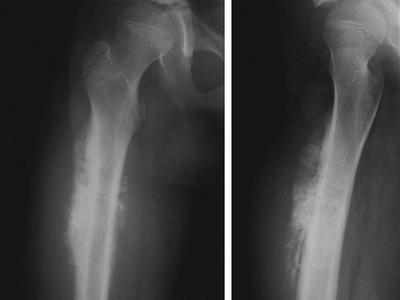
Genetic Studies of Osteosarcoma
Genetic studies of osteosarcoma to better understand the role that genetic variation plays in risk and patient outcomes, and to identify new genes or genomic regions that may be important in osteosarcoma pathogenesis.
-
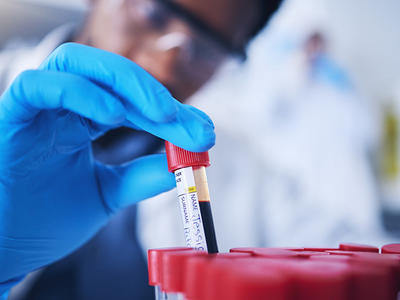
Inherited Bone Marrow Failure Syndromes (IBMFS)
A study of inherited bone marrow failure syndromes (IBMFS), a group of rare genetic blood disorders that include Fanconi Anemia, Dyskeratosis Congenita, Diamond-Blackfan Anemia, Shwachman-Diamond Syndrome, Severe Congenital Neutropenia, Amegakaryocytic Thrombocytopenia, and Thrombocytopenia Absent Radii.
-
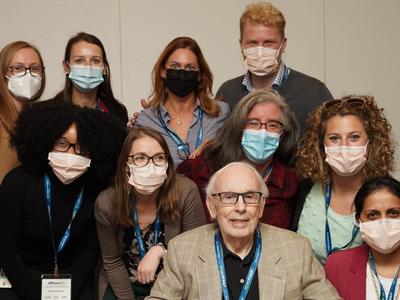
Li-Fraumeni Syndrome Study (LFS)
A clinical study and multi-institutional collaboration for research on Li-Fraumeni Syndrome (LFS). The NCI has evaluated families with LFS since the syndrome was first recognized in 1969. DCEG is now expanding this research through a clinical study and participation in a multi-institutional collaboration.
-
RASopathies Study
A RASopathy syndrome is a condition or disorder caused by changes in genes that send signals across the Ras/mitogen-activated protein kinase (Ras/MAPK) pathway. The RASopathies Study is a clinical study that aims to better understand the development of tumors in patients with a RASopathy syndrome.
Research by Approach: Natural History & Tumor Heterogenicity
-
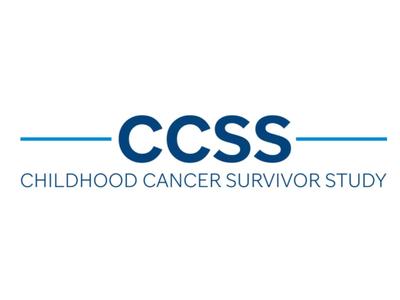
Childhood Cancer Survivor Study
Studies of secondary glioma, meningioma, thyroid, breast, soft tissue, bone, and skin cancers among more than 14,000 five-year survivors of childhood cancer diagnosed between 1970 and 1986.
-

Retinoblastoma Survivors Follow-up Study
A study of long-term cancer risk in survivors of retinoblastoma, a cancer that forms in the tissues of the retina.
